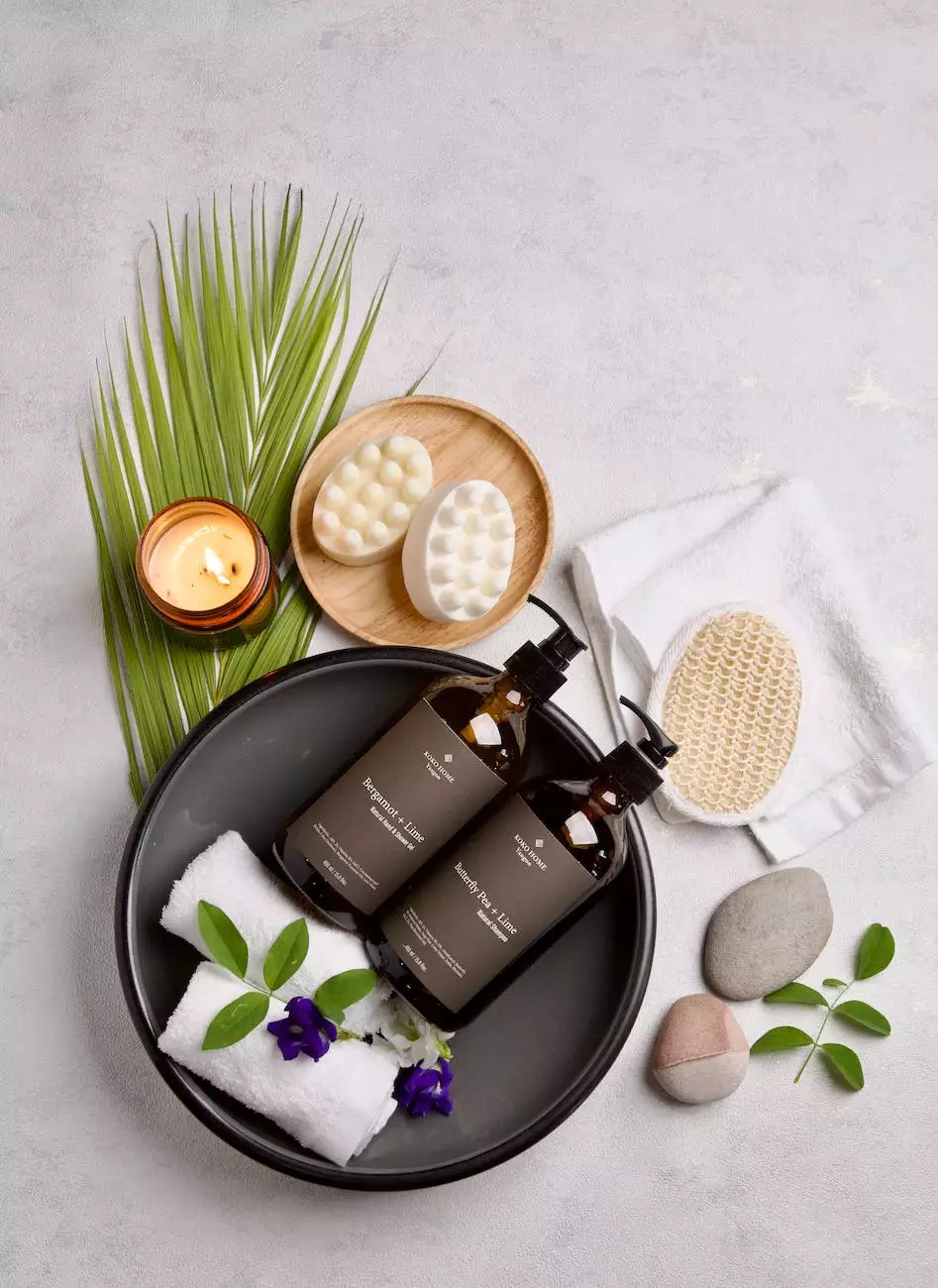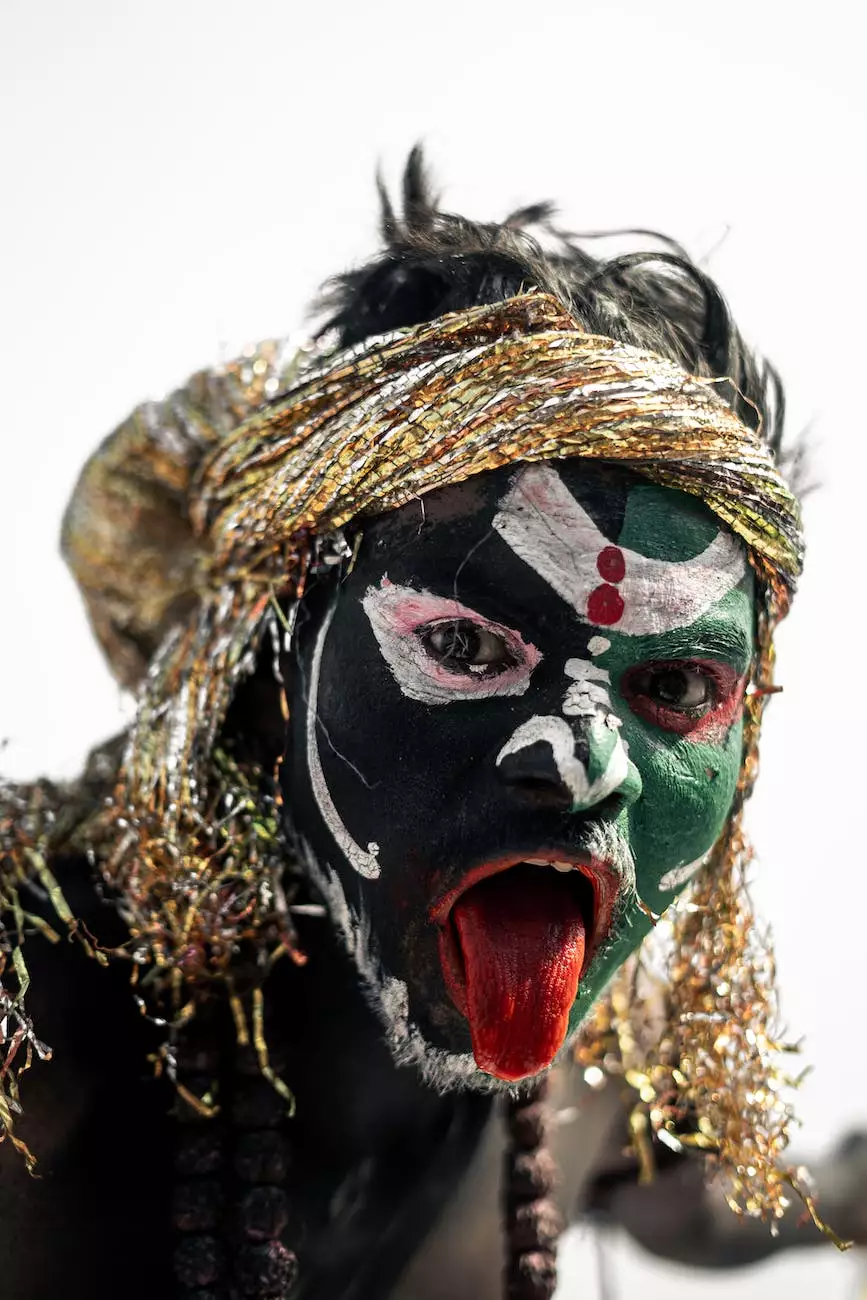Eczema on Buttocks: Causes, Symptoms, Treatments, and More
Services
Introduction
Welcome to our comprehensive guide on eczema on buttocks. If you are experiencing eczema symptoms in this area, you're not alone. Eczema, also known as atopic dermatitis, can affect various parts of the body, including the buttocks. Benjamin Shettell, MD is here to provide you with valuable information on the causes, symptoms, and treatments for eczema on buttocks.
Understanding Eczema
Eczema is a chronic skin condition that causes inflammation, itching, and irritation. It can occur at any age and is characterized by dry, red, and itchy patches. When eczema affects the buttocks, it can cause discomfort and affect your daily activities.
Causes of Eczema on Buttocks
Eczema is a multifactorial condition, and the exact cause is often unknown. However, certain triggers can worsen or contribute to flare-ups. Some common causes of eczema on buttocks may include:
- Allergens: Exposure to allergens such as certain fabrics, soaps, detergents, or even food allergens can trigger eczema.
- Irritants: Contact with irritants such as harsh chemicals, rough fabrics, or certain personal care products can lead to eczema flare-ups.
- Genetics: Eczema has a strong genetic component, and it tends to run in families.
- Immune system dysfunction: People with a weakened immune system are more prone to eczema and other skin conditions.
- Stress: Emotional stress and other psychological factors can exacerbate eczema symptoms.
Symptoms of Eczema on Buttocks
The symptoms of eczema on the buttocks can vary from person to person. Some common symptoms include:
- Itchy, red, and inflamed skin on the buttocks
- Dry and scaly patches
- Bumps or blisters that may ooze or crust
- Thickened or leathery skin
- Sensitivity to certain fabrics or materials
- Sleep disturbances due to discomfort
Treatment Options
Effective management of eczema on buttocks often involves a combination of lifestyle changes, skincare routines, and medical interventions. Benjamin Shettell, MD recommends the following treatment options:
1. Moisturizers
Regularly applying fragrance-free moisturizers can help keep the skin hydrated and reduce itching and inflammation.
2. Topical Corticosteroids
In more severe cases, your doctor may prescribe topical corticosteroids to reduce inflammation and alleviate symptoms.
3. Avoiding Triggers
Identifying and avoiding triggers such as certain fabrics, irritants, or allergens can help prevent flare-ups.
4. Wet Wrap Therapy
Wet wrap therapy involves applying moisturizers or medicated creams and wrapping the affected area to lock in moisture and enhance absorption.
5. Antihistamines
Antihistamines can be prescribed to relieve itching and promote better sleep.
6. Phototherapy
In some cases, light therapy or phototherapy may be recommended to reduce inflammation and alleviate symptoms.
7. Prescription Medications
Your doctor may prescribe oral or injectable medications to manage severe eczema symptoms.
Preventing Eczema on Buttocks
While eczema cannot always be prevented, there are steps you can take to minimize the risk of flare-ups on your buttocks:
- Avoid prolonged exposure to hot water
- Use gentle, fragrance-free soaps and detergents
- Wear breathable cotton or soft fabrics
- Keep the skin well moisturized
- Manage stress effectively
- Stay hydrated and maintain a healthy diet
- Seek prompt treatment for any skin issues
Conclusion
Eczema on buttocks can be uncomfortable and bothersome, but with the right care and treatment, it can be managed effectively. Benjamin Shettell, MD specializes in providing comprehensive solutions for eczema and other dermatological conditions. Contact us today to schedule a consultation and start your journey towards healthier skin.




